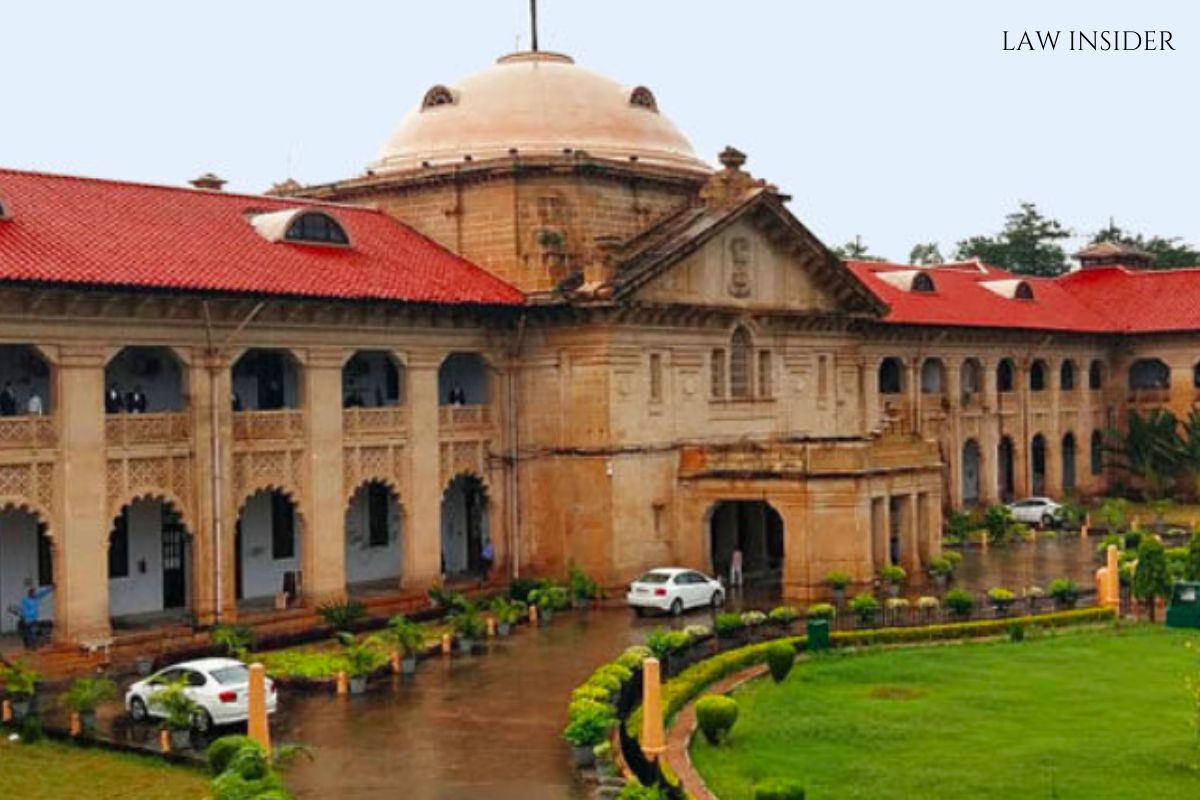LI Network
Published on: November 17, 2023 at 19:01 IST
The Allahabad High Court, in a recent judgment, declared that an inquiry involving the imposition of a major penalty is required to have oral testimony.
Justice J.J. Munir, presiding over the case, stressed the establishment’s responsibility to substantiate its case through evidence before the inquiry officer.
The court dismissed the notion that a lack of dispute over document authenticity or the absence of a request for witnesses by the petitioner satisfies the standard of proof, particularly in serious cases likely to result in major penalties.
In the specific case of Suresh Babu v. State of U.P. and others, the petitioner, a Technician Grade-II (Vidyut), faced charges under Sections 409 and 120B, I.P.C., leading to his suspension and subsequent dismissal by the Managing Director, U.P. Power Corporation.
Despite a prolonged suspension period of over three years, the High Court intervened through writ proceedings, directing a fresh inquiry within six weeks, underlining the procedural lapse during the initial proceedings.
The court’s judgment clarified that in domestic inquiries involving potential major penalties, the establishment holds the duty to present evidence, including oral testimony and witnesses.
Emphasizing the significance of oral evidence, the court cited precedent cases such as Roop Singh Negi v. Punjab National Bank and others.
It outlined that the burden of proof shifts to the delinquent only after the establishment has fulfilled its duty of producing relevant evidence.
Additionally, the court mandated that the establishment must not solely rely on the delinquent’s lack of dispute over documents. Instead, it is obligated to prove the case through the examination of witnesses and presentation of evidence.
The writ petition was allowed, directing the petitioner’s reinstatement, payment of regular salary, and subsistence in case of suspension. Furthermore, the respondents were granted liberty to proceed with a fresh inquiry based on the existing charge sheet.

